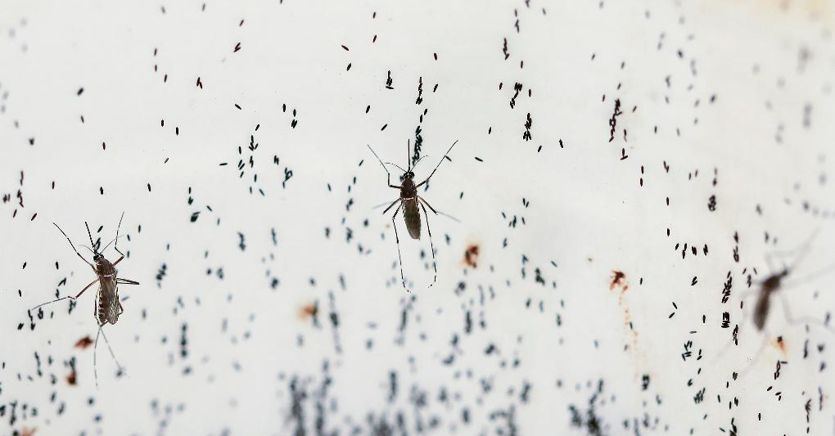Dengue Cases on the Rise in Italy, Linked to Globalization and Climate Change
Italy has seen a surge in Dengue cases, with a total of 165 cases diagnosed in the country. Out of these, 146 cases were imported, while 19 were indigenous, according to the latest weekly update from the Italian National Institute of Health (ISS). Lombardy, Lazio, and Emilia Romagna are the regions that have recorded the highest number of cases, with 50, 28, and 27 cases respectively.
Dengue is an infectious disease caused by a virus and transmitted by the tiger mosquito of the Aedes genus. While the disease is asymptomatic in most cases, it can result in flu-like symptoms, fever, nausea, vomiting, skin irritation, and, in severe cases, potentially fatal bleeding, although this occurs in less than 1% of people.
Traditionally, Dengue is associated with South-East Asia, where it is endemic. However, globalization and climate change have played a significant role in the re-emergence of old diseases in new places, such as Europe. Italy is not the only European country affected by Dengue outbreaks this year. France has also reported indigenous cases, and in recent years, Croatia and Spain have confirmed similar outbreaks.
Globally, the World Health Organization (WHO) reports that Dengue rates have increased eightfold since 2000, with 4.2 million cases recorded in 2022 alone. Furthermore, the European Center for Disease Prevention and Control (ECDC) revealed that Europe witnessed 71 cases of Dengue last year, compared to 74 cases recorded between 2010 and 2021. The ECDC also highlighted the expanding geographical range of mosquito species Aedes albopictus, which spreads dengue and chikungunya, moving further north and west in Europe. Additionally, another mosquito species, Aedes aegypti, which spreads diseases including Dengue, yellow fever, and chikungunya, has established itself in Cyprus in the past year.
These alarming developments indicate the need for increased vigilance and efforts to control the spread of Dengue and other mosquito-borne diseases in Europe. Public health authorities are urged to prioritize preventive measures and raise awareness among the population to prevent further outbreaks.
